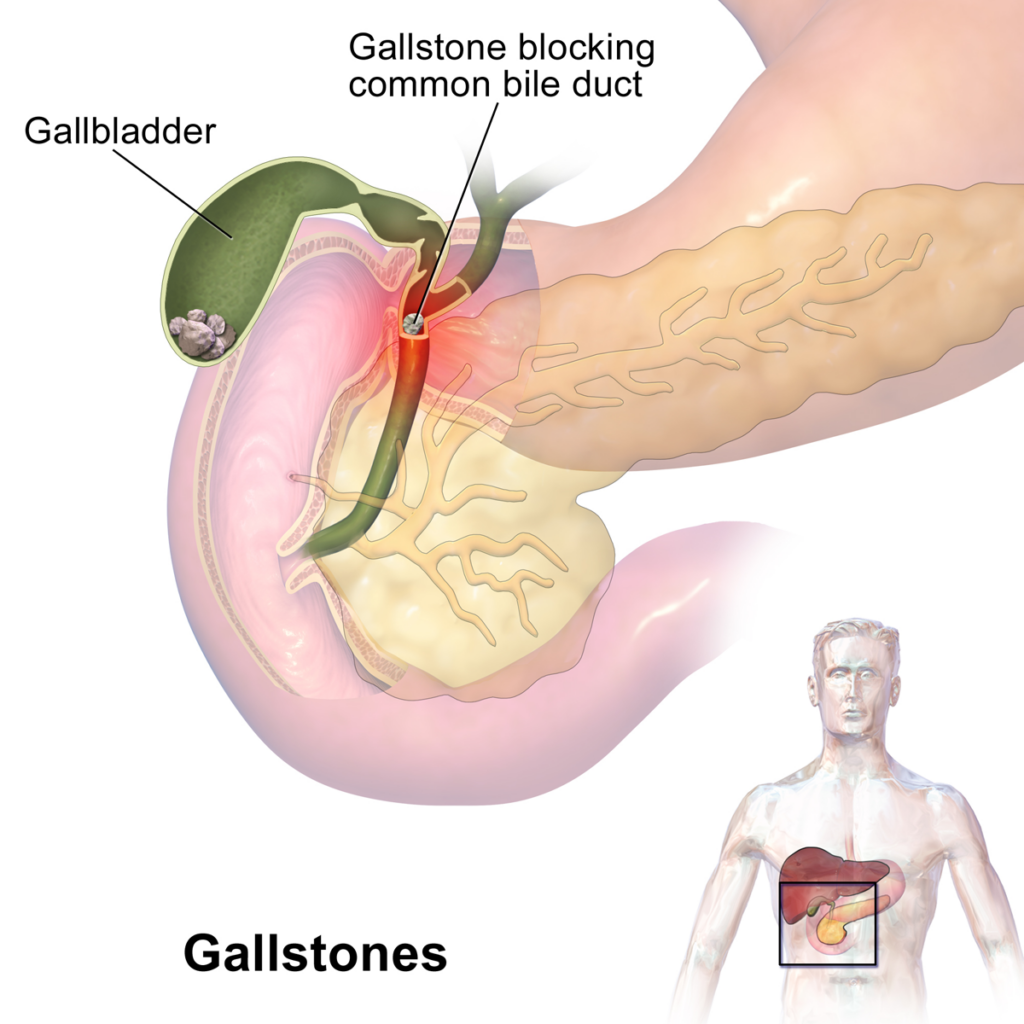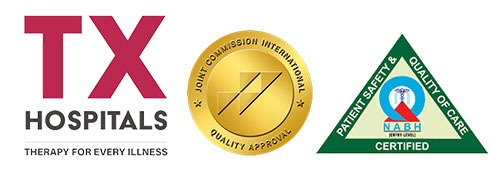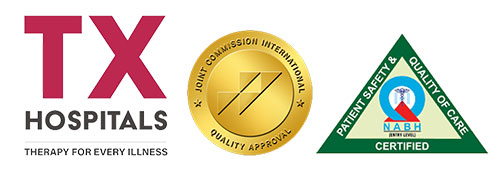Gallbladder Stone Removal Surgery in Hyderabad

What is Gallbladder Stone Removal Surgery?
Gallbladder stone removal surgery, also known as cholecystectomy, is a surgical procedure performed to remove gallstones from the gallbladder. Gallstones are hardened deposits that form in the gallbladder, causing pain, inflammation, and other complications.

Why Is Gallbladder Stone Removal Surgery Performed?
Gallbladder stone removal surgery is performed for several reasons:
- Gallstone Symptoms: The surgery is indicated when gallstones cause symptoms such as severe abdominal pain, nausea, vomiting, bloating, or jaundice.
- Gallstone Complications: Surgery may be necessary if gallstones lead to complications like gallbladder inflammation (cholecystitis), gallbladder infection (cholecystitis), or blockage of the bile ducts (choledocholithiasis).
- Recurring Gallstone Attacks: If a person experiences recurrent episodes of gallstone-related pain or complications, surgery may be recommended to prevent future occurrences.
How to Prepare for Gallbladder Stone Removal Surgery
Preparing for gallbladder stone removal surgery involves several steps:
- Medical Evaluation: Your healthcare provider will assess your overall health, conduct diagnostic tests, and review your medical history to determine if surgery is necessary and appropriate for you.
- Preoperative Instructions: You will receive instructions regarding fasting, medication adjustments, and any necessary bowel preparation prior to surgery.
- Consent and Education: Your healthcare team will explain the surgical procedure, potential risks and complications, and answer any questions or concerns you may have. Informed consent will be obtained before the surgery.
More About Gallbladder Stone Removal Surgery
- Surgical Options: Gallbladder stone removal surgery can be performed through two main techniques: laparoscopic cholecystectomy or open cholecystectomy. Laparoscopic cholecystectomy involves making small incisions and using specialized tools to remove the gallbladder. Open cholecystectomy requires a larger incision in the abdomen to remove the gallbladder.
- Anesthesia: The surgery is typically performed under general anesthesia, which means you will be asleep and pain-free during the procedure.
- Recovery and Follow-up: After the surgery, you will spend time in a recovery area before being discharged. You may experience some pain and discomfort initially, but it can be managed with medications. Follow-up appointments will be scheduled to monitor your recovery and ensure there are no complications.
Consequences of Delaying Gallbladder Stone Removal Surgery
- Recurrent Symptoms: Delaying gallbladder stone removal surgery can lead to repeated episodes of pain, discomfort, and complications associated with gallstones, impacting your daily life and well-being.
- Increased Risk of Complications: If left untreated, gallstones can lead to more severe complications such as gallbladder infection, inflammation, or obstruction of the bile ducts. These complications can be more challenging to manage and may require more invasive procedures.
- Emergency Situations: In some cases, untreated gallstones can lead to a sudden and severe condition called acute cholecystitis, which may require emergency surgery. Delaying surgery increases the risk of experiencing such emergencies.
Frequently Asked Questions (FAQs)
Gallbladder stone removal surgery, also known as cholecystectomy, is a procedure to remove gallstones from the gallbladder. It can be performed through open surgery or minimally invasive techniques such as laparoscopic cholecystectomy.
Your doctor may recommend gallbladder stone removal surgery if you experience symptoms such as severe abdominal pain, nausea, vomiting, and jaundice, which are often caused by gallstones. Diagnostic tests like ultrasound and other imaging techniques can confirm the presence of gallstones.
Laparoscopic cholecystectomy offers several advantages over open surgery. It involves making small incisions instead of a large abdominal cut, leading to less pain, minimal scarring, shorter hospital stay, faster recovery, and a quicker return to normal activities compared to traditional open surgery.
As with any surgical procedure, gallbladder stone removal surgery carries some risks. These may include infection, bleeding, injury to nearby structures, bile duct injury, bile leakage, and development of hernias. However, serious complications are rare, and your surgeon will take necessary precautions to minimize these risks.
Recovery time after gallbladder stone removal surgery varies from person to person. In most cases, patients can go home on the same day or the following day after laparoscopic cholecystectomy. Recovery typically involves managing pain and discomfort, taking prescribed medications, gradually reintroducing a normal diet, and gradually increasing physical activity based on your doctor’s instructions.







